Storytelling Techniques to Improve Listening Comprehension and Engagement
Transform learning with storytelling. Engage students, foster reading comprehension, and promote active learning beyond memorisation.
How to Integrate Phonics into Pre-Reading Instruction for Early Literacy Success
Phonics is a way of teaching children how letters in the alphabet correspond to sounds in spoken language.
Enhancing Literacy in Children to Ensure Language Success
Unlock the benefits of multilingual literacy: better cognitive skills and academic performance. Learn how integrating multilingual literacy can prepare your child for success.
[Blog] The Benefits of Bilingual Books in Early Childhood Literacy
Bilingual books offer a unique and powerful way to support early childhood literacy while providing cognitive, cultural, and social benefits.
They are invaluable tools in a child's development, enhancing cognitive flexibility and fostering a global perspective.
More stories from our blog

Common Reading Struggles in Early Primary: How Phonics Can Help
The early primary years (Primary 1 to 3) are when children are expected to make the leap from learning to read to reading to learn.

Good Listeners Become Better Readers: The Link Between Listening Skills and Literacy
When it comes to English literacy, parents tend to focus on reading and writing practice. You may have them learn spelling words, practise handwriting…
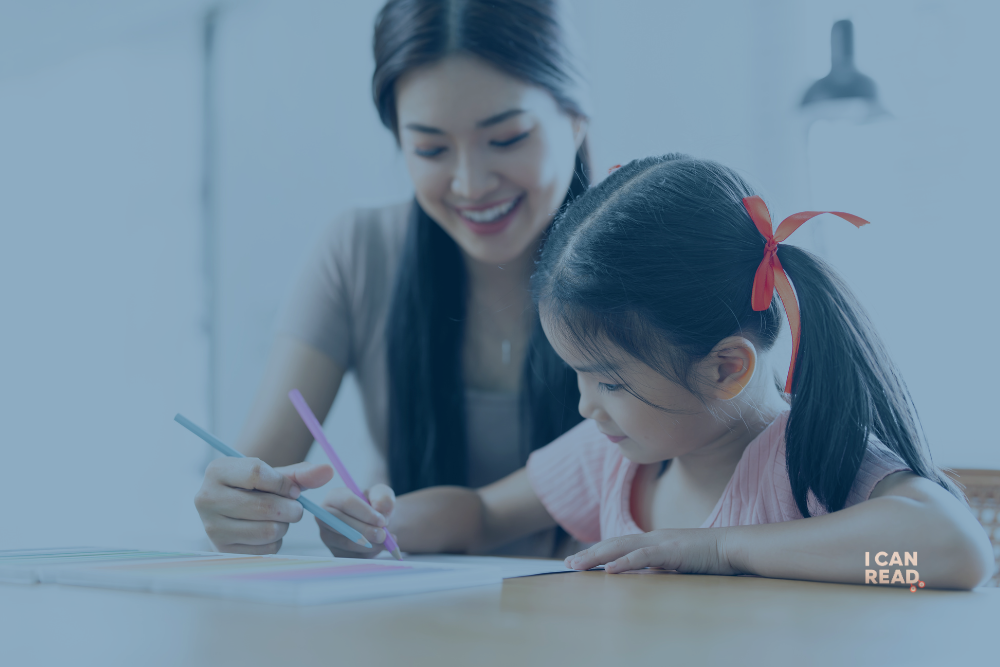
6 Common Mistakes Parents Make When Teaching Phonics (And How to Avoid Them)
Phonics is one of the most important fundamental concepts in learning to read. By connecting the sounds of spoken language (phonemes) with the letters…

The Literacy Gap: Why Some Kids Struggle with English Despite Speaking It
Your child chatters away confidently in English at home, can tell lively stories about their day, and has no issues holding conversations with friends…

What Parents Need to Know About Phonics for Preschoolers
Did you know that your child starts building reading skills long before they ever open a book? It all begins with learning the different sounds that m…

The Importance of Phonics in Learning Mandarin
Many parents may associate phonics with learning to read, write, and speak in English. But did you know that phonics is just as essential when it come…

Raising Global Kids: Why Early Chinese Lessons Make a Difference
With over 1.1 billion speakers in 2025, Chinese has established itself as the second most widely spoken language in the world after English.

Creating a Literacy-Rich Home Environment: A Checklist for Parents
Strong literacy skills are the foundation of lifelong learning for all children, and these skills are first honed in the home.

Nurturing Confident Readers in Singapore: How I Can Read’s Phonics Approach Makes a Difference
Learning to read is a fundamental milestone in every child’s development, and phonics plays a crucial role in building this skill. Phonics is a struct…

Nurturing a Love of Writing in Children through Creative Journaling
Journaling has long been appreciated for its ability to help people navigate difficult emotions and express themselves in a healthy, creative way.
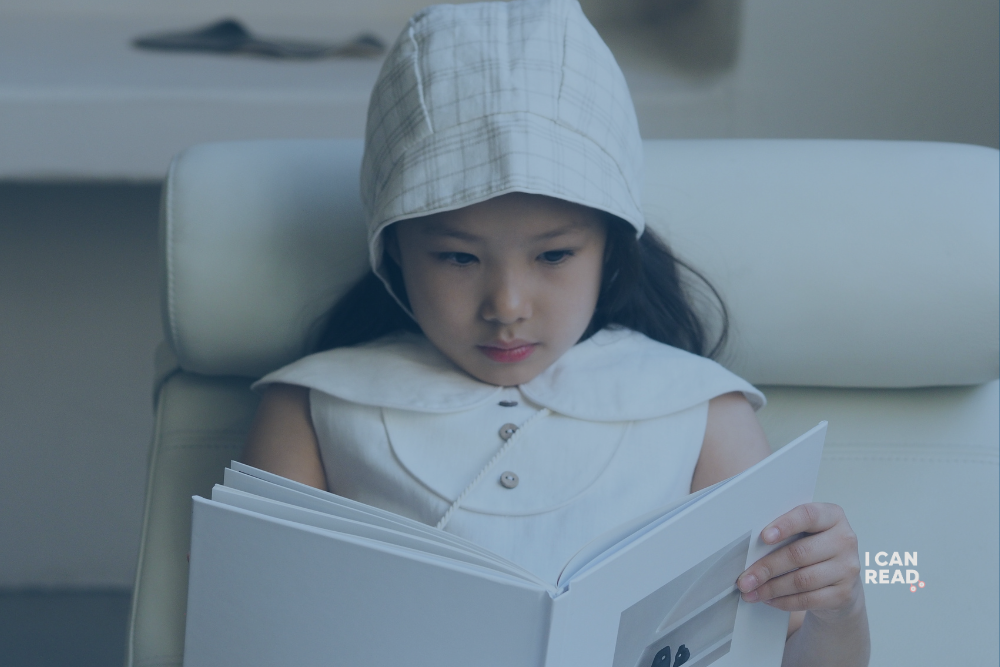
Building Reading Fluency Through Rhythm, Repetition, and Rhyme
Reading fluency is essential because it allows children to focus on the meaning of the text rather than each individual sound in words. Fluency is not…
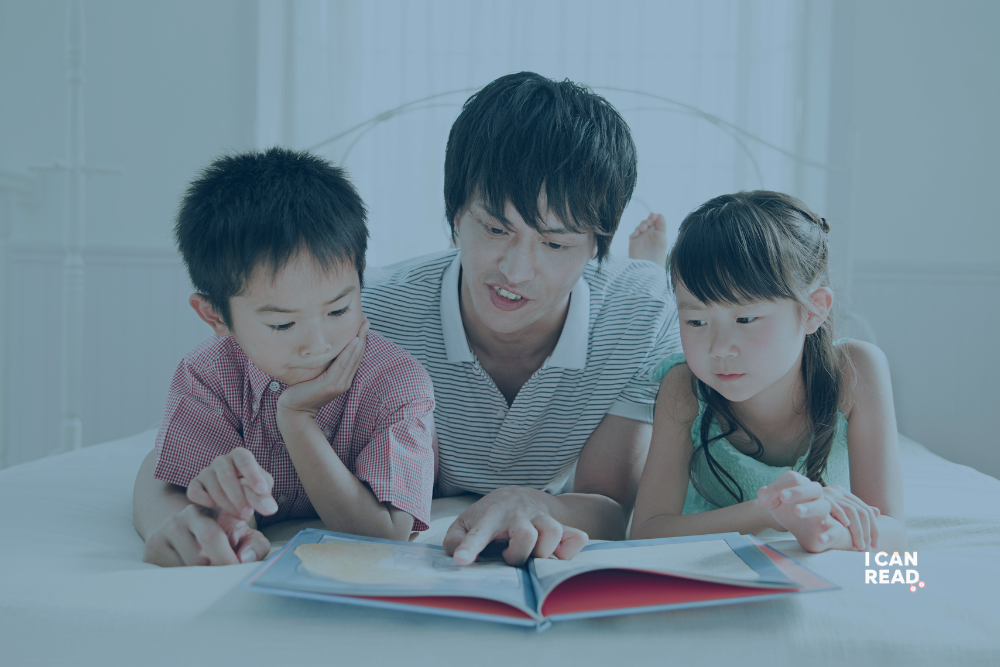
How to Choose Age-Appropriate Literacy Activities for Kids
Just as parents eagerly anticipate their children's physical and motor skill milestones during early development, literacy milestones are equally impo…
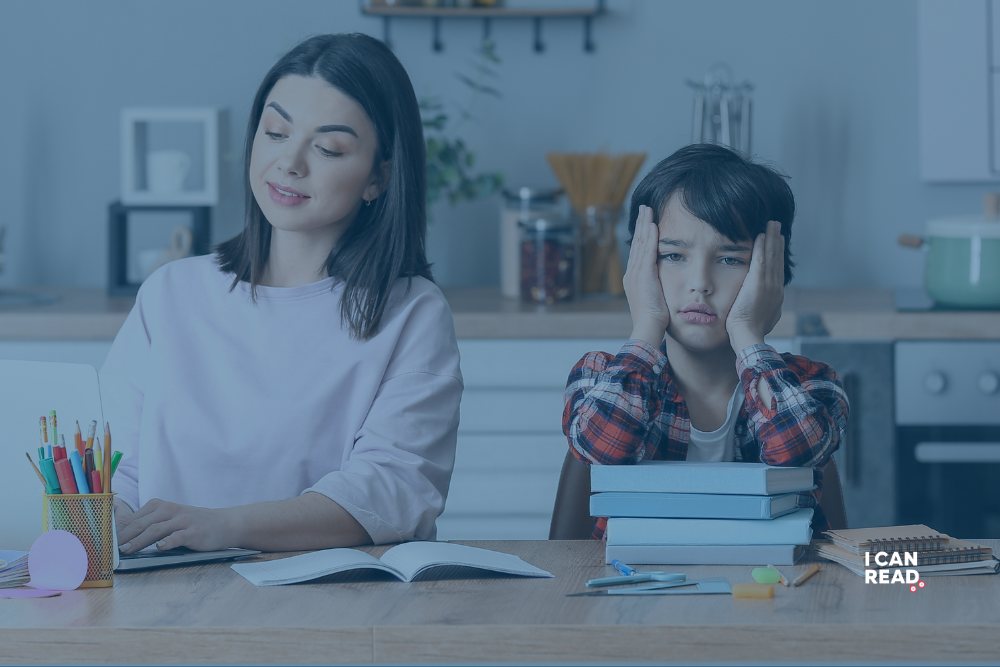
Strategies for Encouraging Reluctant Readers
For some children, picking up a book can feel like a daunting task. They may lose interest within seconds—putting the book down, moving on to another …

Culturally Responsive Literacy Practices in Early Childhood Education
Culturally responsive education is an approach to teaching that acknowledges and celebrates the diversity of a child's background, traditions, and exp…

The Benefits of Bilingual Books in Early Childhood Literacy
Bilingual books offer a unique and powerful way to support early childhood literacy while providing cognitive, cultural, and social benefits. They are…
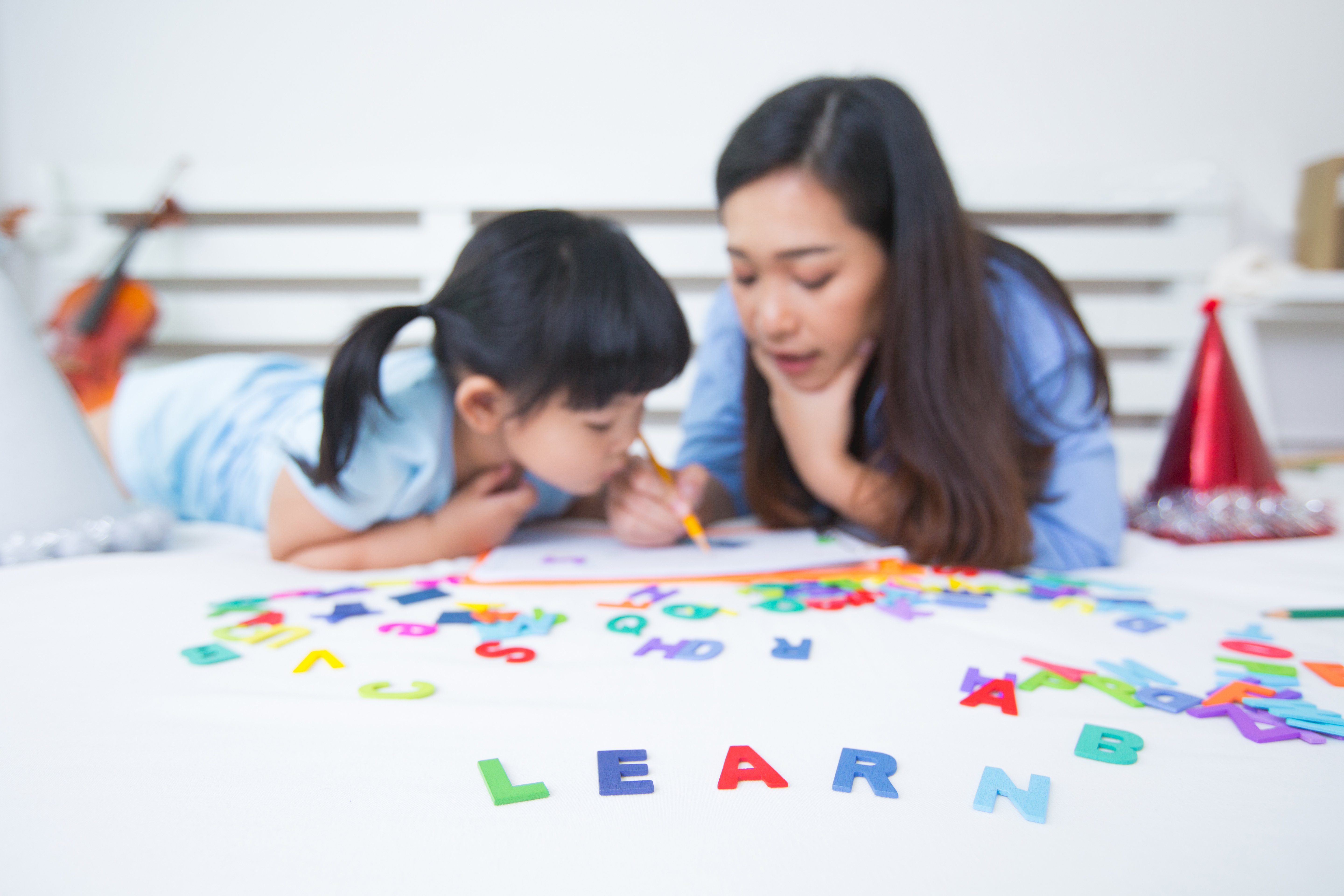
Multi-sensory Approaches to Teaching Literacy Skills to Children
For a long time, people have known that kids learn best when they use their senses—like seeing, hearing, touching, and moving. This way of learning is…

The Role of Interactive Read-Alouds in Developing Young Readers
Engaging children in reading can be tough, especially with so many distractions around.

Parental Involvement in Literacy: Beyond Reading Aloud
Parental involvement in literacy is key to a child's academic and personal growth. When parents take an active interest in their child's reading and w…

How to Develop Critical Thinking Skills Through Children's Literature
Critical thinking is essential for success in today's world, but it's a skill that many children struggle to develop.

Storytelling Techniques to Improve Listening Comprehension and Engagement
The common perception is that serious learning happens only when the nose is buried in a textbook. Yet, the focus on rote learning leaves children dis…

Enhancing Literacy in Children to Ensure Language Success
While many believe that focusing on one language during a child's early years is the best way to build literacy skills, research challenges this conse…
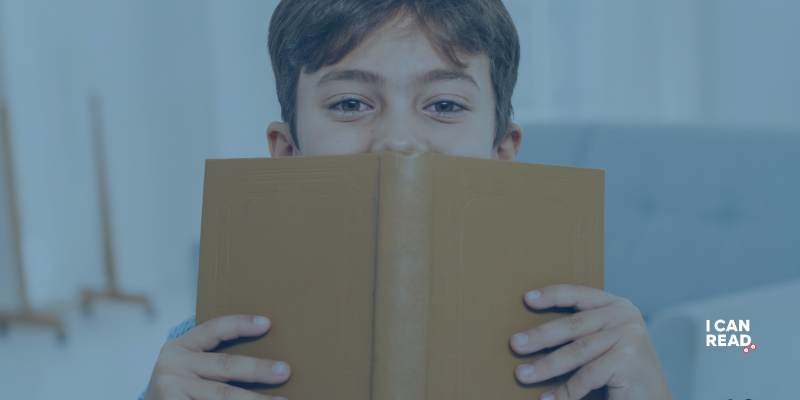
How Childhood Literacy Boosts Academic Achievement
Many children face academic challenges, and a significant contributing factor is the struggle with literacy. Without a strong foundation in reading an…
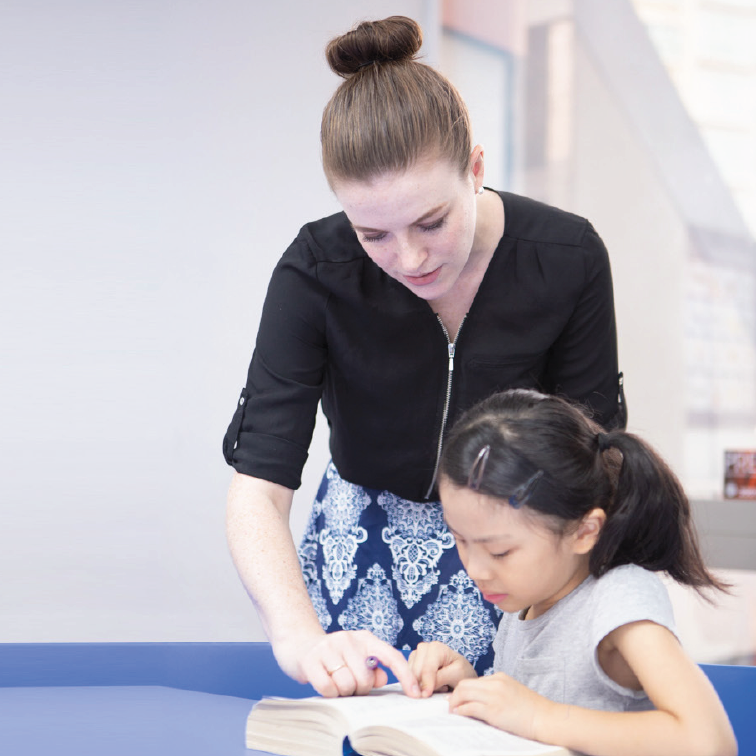
How to Integrate Phonics into Pre-Reading Instruction for Early Literacy Success
Phonics is a way of teaching children how letters in the alphabet correspond to sounds in spoken language.

How to Enhance Vocabulary through Fun and Educational Games
Building a strong vocabulary is crucial for every child. However, knowing how to make learning words enjoyable and educational can be challenging for …
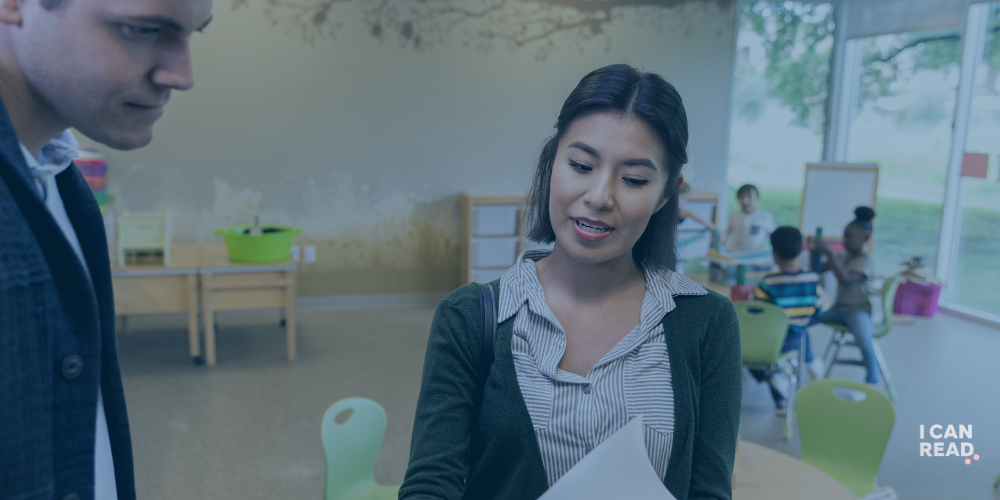
7 Tips for Effective Parent-Teacher Communication in Literacy Education
Parents and teachers share a common goal –– ensuring the academic success and overall well-being of each child.

Choosing the Right Books for Your Child’s Reading Level
Books support cognitive development, improve creativity, and help children develop a lifelong love for reading. So, choosing suitable collections for …

The Importance of Early Literacy Education for Children
Early literacy education refers to children developing reading comprehension, self-expression, and a rich vocabulary at a young age — preschoolers who…
/%5BBlog%5D%203%20Strategies%20to%20Develop%20Your%20Childs%20Phonemic%20Awareness%20(Featured).png)
3 Strategies to Develop Your Child's Phonemic Awareness
In this blog post, we delve into the world of phonemic awareness and share three effective strategies to develop this essential skill in young childre…
%20Conclusion.png)
5 Fun Ways to Boost Vocabulary Development in Children
In this blog post, we'll share five engaging and enjoyable activities that you can incorporate into your child's daily routine to boost their vocabula…
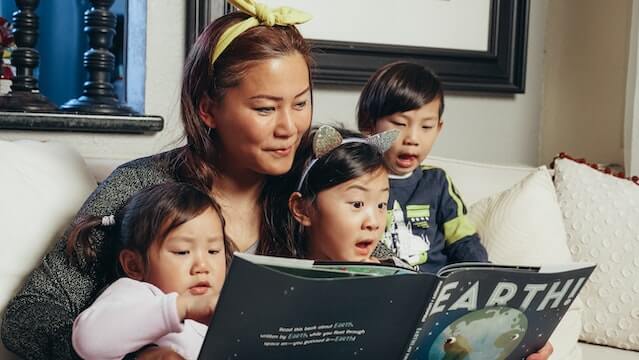
Why Effective Communication Is The Key To Just About Everything!
“Communication is key” is a phrase that’s often tossed around group settings like school, home, or the workplace. Let’s unpack that saying and explore…

How To Correct Your Child's Grammatical Errors
Every beginner trips over words and makes silly grammatical mistakes – it comes with the learners' territory. As parents and proficient English speake…

Pre-reading Skills Every Child Needs To Be A Successful Reader
What are the 5 key pre-reading skills? Pre-reading skills are your child’s first steps toward reading and writing. As your child grows familiar with l…
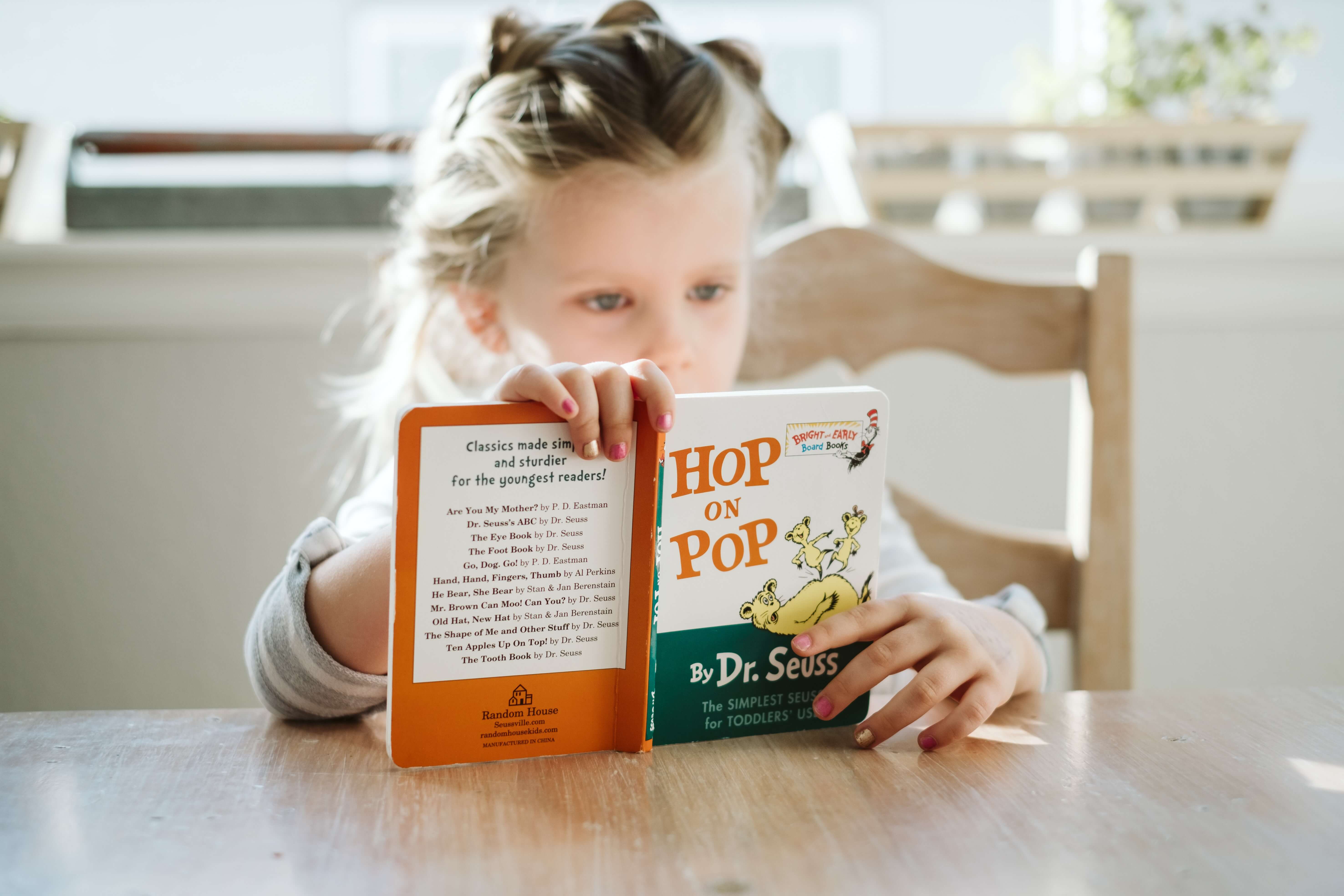
What is Phonics And How Does It Accelerate Learning?
“The more that you read, the more things you will know. The more that you learn, the more places you'll go.” ― Dr. Seuss

4 Ways To Develop Positive Reinforcement In Your Children At Home
Positive Reinforcement at I Can Read As parents, we often hear about how sparing the rod may spoil the child, but in this day and age where corporal p…
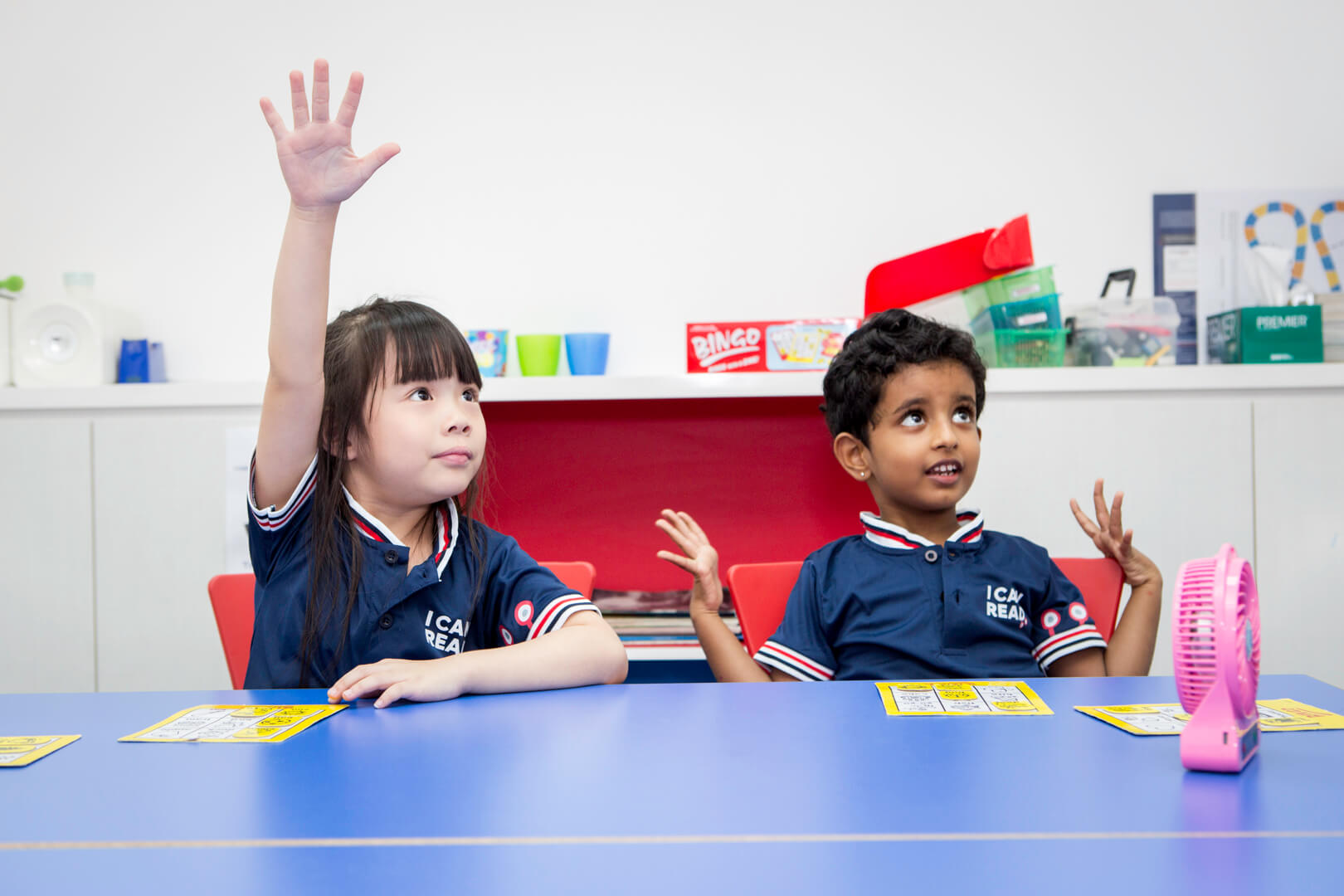
Back To School After The Holidays: Tips To Prepare Your Child
The school break is over and it’s time to go back to school! But, is your child ready for the term ahead? After a long vacation, children can find it …

4 Books For Children Of All Ages That Make Perfect Christmas Gifts
It’s the most wonderful time of the year once again! And there’s nothing children love more about this time of the year than getting their presents. A…
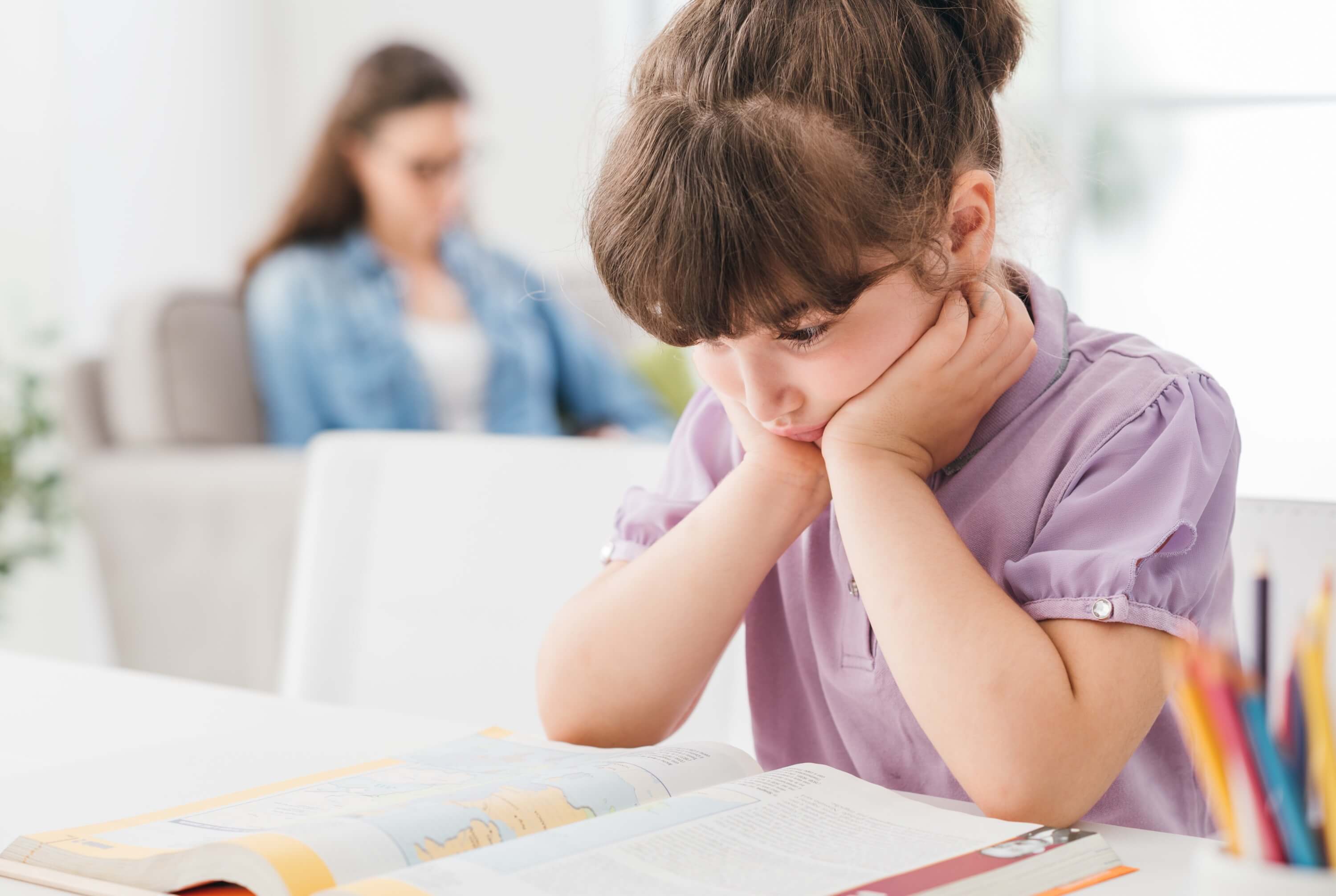
The Art Of Bouncing Back: How To Get Back On Your Feet After Failures
Teaching a child to find strength to continue learning even though they may not feel motivated is teaching a child to be resilient. Digging deep and u…

Creative Ways To Make Reading Fun: Turn A Reluctant Reader Into A Book Lover
Creative Ways to Make Reading Fun It is fair to say that with so much technology and online distractions it can be hard for children to find the time …
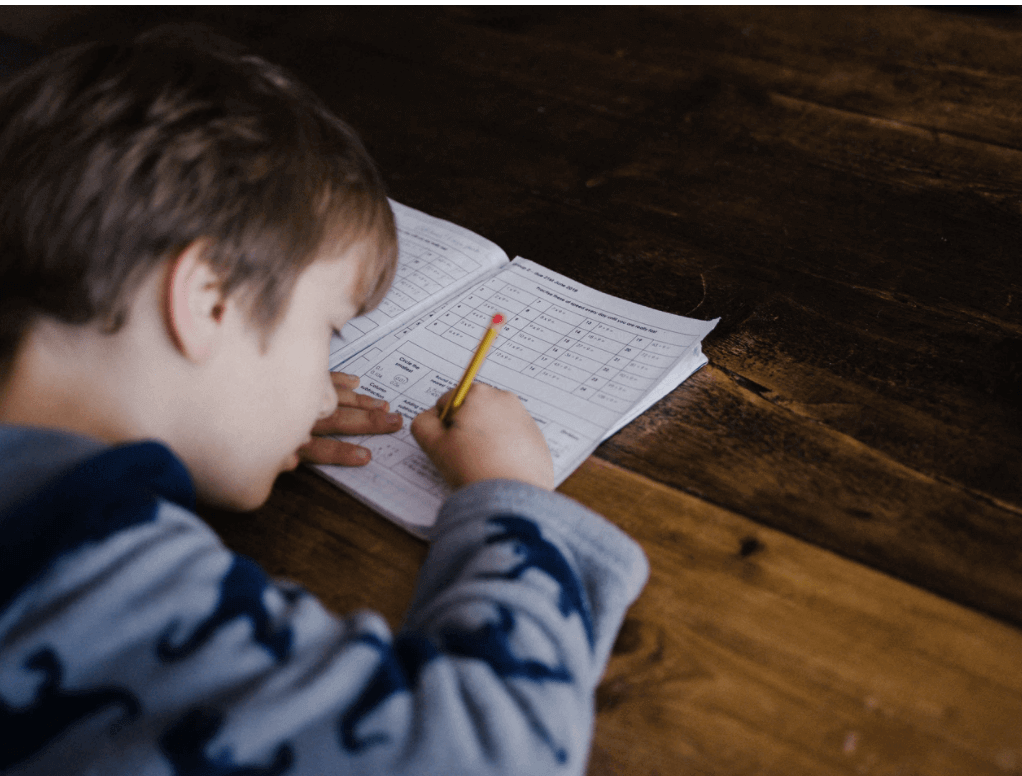
How Poetry Improves Your Child's English: How To Get Your Kids Interested!
What Makes A Good Budding Poet Children are readily and immediately engaged in the power of poetry and its amazing ability to inspire emotions and rea…

5 Common Grammar Mistakes English Learners Make & How To Avoid Them
Mistakes are easy to make when you are starting to learn and speak any language. Some mistakes can be funny, others become a habit that are difficult …
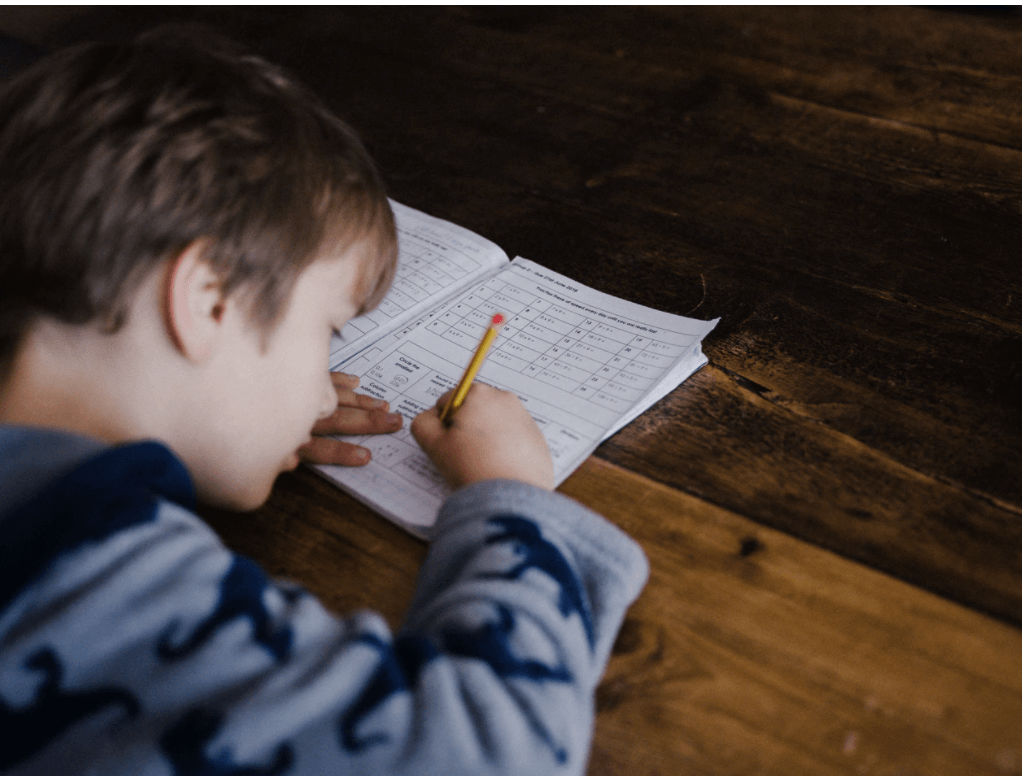
The Importance Of Homework Even At A Young Age And What You Can Do To Help Your Child
Homework is a bit of a touchy subject for younger learners. We often think about practices that are fun and enjoyable like singing songs, learning the…
6 Commonly Confused Words In English: How To Avoid Mixing Them Up
Oh English, why must you be so confusing? This is a question often asked of us at I Can Read by both parents and students. Whilst all languages have t…
